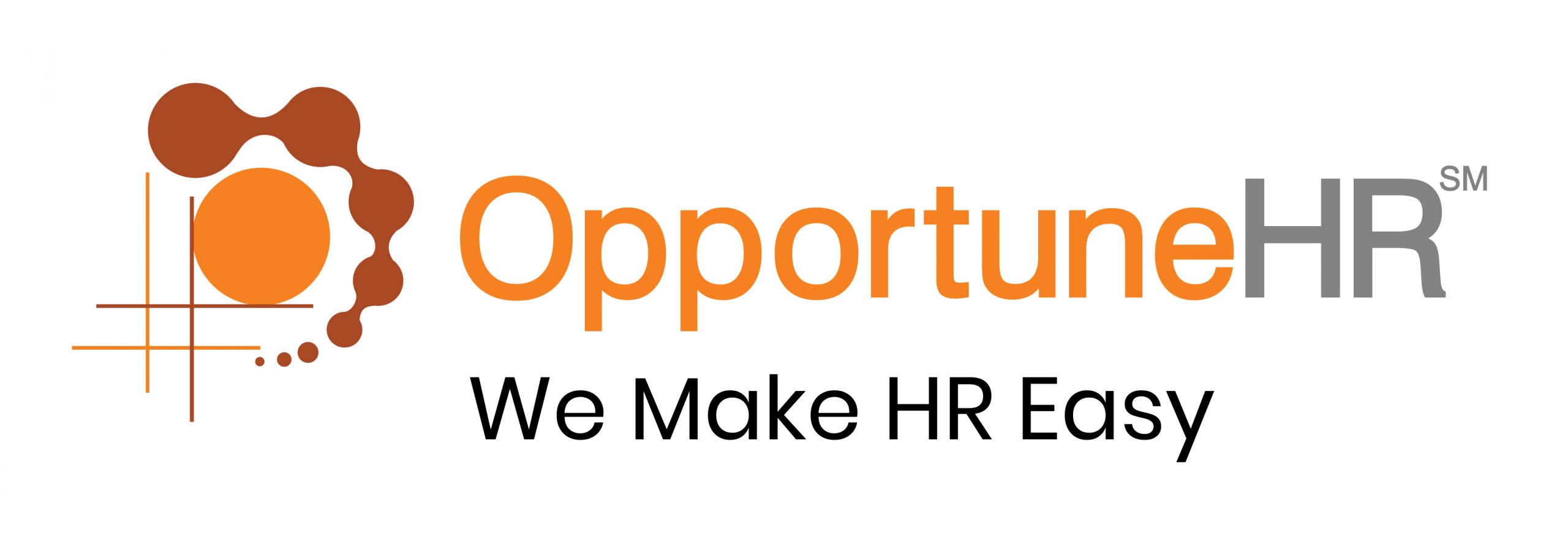
Discover Why OpportuneHR is the best HRMS Software in India! Schedule a Demo OR Call us @ +91 7700-954949

Fix an Appointment
Download PDF
Exit
Exit
In the context of HR, “exit” refers to the process when an employee leaves or resigns from his job position in a company.
It involves various activities to ensure a smooth transition for both the employee and the organisation. Exit processes may include tasks such as conducting exit interviews to gather feedback, collecting company property from the departing employee, updating records, settling dues or benefits.
The goal of the exit process is to ensure a positive and respectful departure for the employee, and at the same time allowing the company to manage the transition and plan for future staffing needs.
Resignation
Resignation is a voluntary act of an employee who chooses to terminate their employment contract with their employer. It is a formal notification given by the employee to the employer indicating that they intend to leave their job and cease working for the company on a particular date.
The reasons for resignation can be personal or professional, such as pursuing other career opportunities, family obligations, or dissatisfaction with the current work environment.
Resignation Acceptance
In the context of employee exit, acceptance refers to the employer’s acknowledgement and agreement of an employee’s resignation or termination from their job.
This usually involves completing formalities such as accepting the employee’s resignation letter, discussing the reasons for the departure, and ensuring that all company property has been returned.
Exit Interview
An exit interview is a meeting between an employer and a departing employee, conducted before the employee’s final day of work. The purpose of an exit interview is to gain feedback from the employee about their experience working for the company, as well as to address any concerns or issues they may have had during their employment.
During an exit interview, an employer may ask questions about the employee’s reason for leaving, their experience with management and co-workers, their level of job satisfaction, and any suggestions they have for improving the workplace. The information gathered in an exit interview can be used by employers to identify areas where they can improve retention rates and better support their employees.
Exit interviews can be conducted in person, over the phone or online. They are typically voluntary and confidential, with responses kept anonymous in order to encourage honest feedback from the departing employee.
F&F
F&F stands for Full and Final settlement. It refers to the process of settling all outstanding dues between an employer and an employee after the latter has resigned or been terminated from their job. The full and final settlement typically includes payment of the final salary, any unpaid bonuses, accumulated leaves not availed by the employee, gratuity (if eligible), and any other outstanding payments owed to the employee.
Once the F&F settlement is completed, both parties sign a document that states that all dues have been settled satisfactorily. This document can be used as proof of employment termination and to release any further liabilities or obligations on either party. The F&F settlement is an essential part of the exit process for employees as it ensures that they receive all their rightful dues before leaving the organisation.
Notice Period
A notice period is the amount of time an employee must give their employer before leaving their job. This is typically outlined in the employment contract and can vary depending on the company’s policies, the employee’s position, and local laws.
The purpose of a notice period is to allow the employer sufficient time to make arrangements for replacing the employee or re-distributing their workload. It also allows for a smooth transition of responsibilities and tasks from the departing employee to their replacement or other team members.
During the notice period, employees are typically required to continue working and fulfilling their duties as per usual until their last day of work. There may be exceptions where an employee is asked to leave immediately, such as when they pose a risk to company property or personnel.
It is important that both employers and employees adhere to the agreed-upon notice period to ensure a professional and respectful exit from employment.
Notice Buy Back
A notice period buyout clause is a provision in an employment contract that allows an employee to terminate their agreement with the employer and leave the company immediately without serving a notice period. For immediate leaving, the employee has to make the payment mentioned in the contract to the employer.
In case an employee has to leave the job on an urgent basis, he/she has to make payment for the notice period not served. If the employee joins a new organisation, the employer often reimburses the amount.



